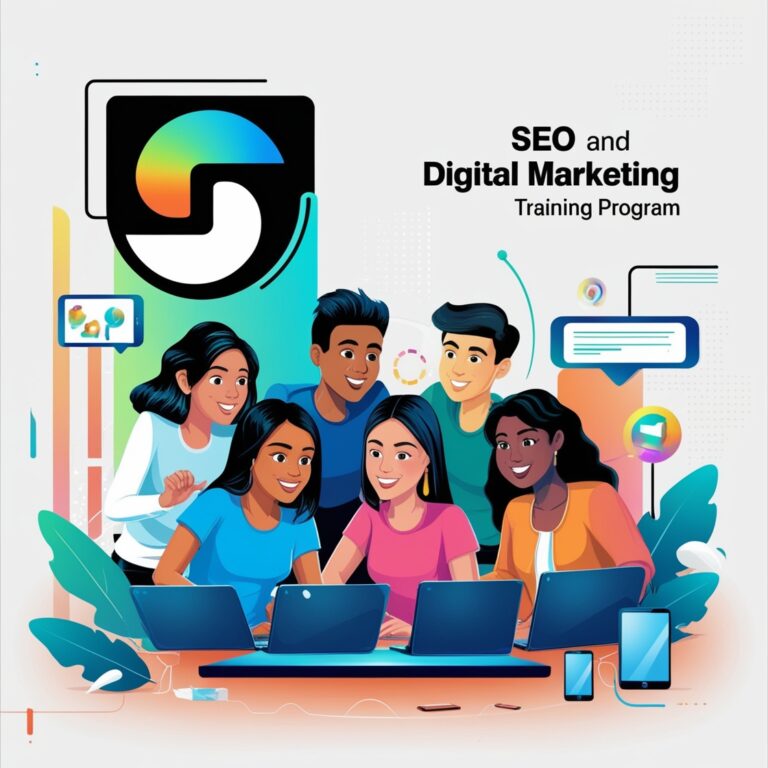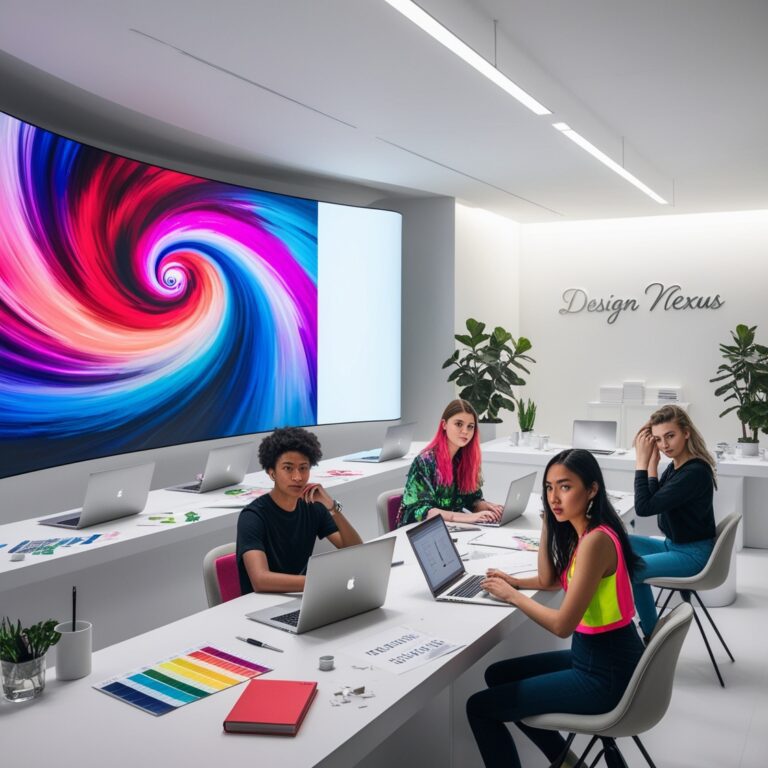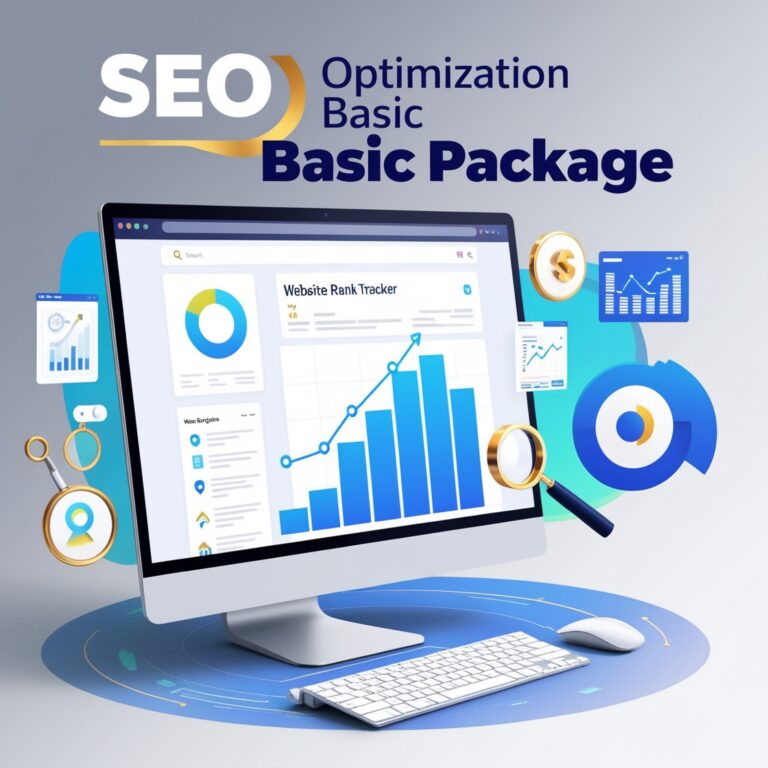Welcome to marketing soul
Digital Marketing Agency
- Professional
- Experienced
- Award Winners
At Marketing Soul, we offer a range of services including custom website design, SEO optimization, graphic design and branding, app development, content writing, web hosting, and more. Elevate your business with expert solutions tailored to drive growth and engagement.
#MarketingSoul #DigitalMarketing #WebDesign#WebsiteDevelopment #SEOOptimization #OnlineTrainings #WebHosting #GraphicDesigning #LogoDesigning
Explore Latest Tools and Techniques in Web Design
Web design is an ever-evolving field, with new tools and techniques constantly emerging to enhance user experience, streamline development, and improve visual appeal. Staying updated with the latest trends is crucial for designers who want to create cutting-edge websites. This guide dives into the most recent advancements in web design tools and techniques to help you stay ahead of the curve.

Why Stay Updated with Web Design Trends?
Web design trends directly impact user engagement, SEO performance, and brand credibility. By adopting modern tools and techniques, you ensure your website is not only functional but also visually captivating.
Key Benefits of Using the Latest Tools:
Enhanced User Experience (UX): Modern tools prioritize usability and accessibility.
Improved Efficiency: New techniques save time and reduce development errors.
Competitive Edge: Staying ahead of trends positions your brand as innovative.
Learn more about Marketing Soul’s web design services.
Explore Google’s Web Vitals for user experience metrics.
Cutting-Edge Web Design Tools
The following tools are transforming how designers and developers create websites:
1. Figma
Figma is a cloud-based design tool perfect for collaboration. It allows teams to work on designs in real time, streamlining the design process.
Features:
Vector editing.
Interactive prototyping.
Cross-platform compatibility.
Visit Figma’s website for more details.
2. Webflow
Webflow is a no-code development platform that empowers designers to build professional-grade websites visually.
Features:
Drag-and-drop functionality.
Integrated CMS.
Responsive design capabilities.
Read our blog on no-code tools for web design.
3. Adobe XD
Adobe XD provides a comprehensive suite for designing and prototyping user interfaces.
Features:
Seamless integration with other Adobe tools.
Advanced prototyping options.
Support for plugins.
Learn more at Adobe XD’s official page.
4. Sketch
A staple in UI/UX design, Sketch offers robust tools for wireframing and prototyping.
Features:
Easy-to-use interface.
Extensive plugin ecosystem.
Cloud collaboration.
Explore our UI/UX design tips.
Emerging Techniques in Web Design
In addition to tools, new techniques are shaping the future of web design. Here are some of the most impactful trends:
1. Dark Mode Design
Dark mode is not just aesthetically pleasing; it reduces eye strain and improves battery life on mobile devices.
Best Practices:
Use contrasting colors for readability.
Provide users with the option to toggle between light and dark modes.
Check out Smashing Magazine’s guide to dark mode.
2. Minimalist Navigation
Simplified navigation improves user experience by making it easier for visitors to find what they need.
Implementation Tips:
Use hamburger menus for mobile.
Limit primary navigation to essential pages.
Discover our post on creating intuitive navigation.
3. Scrollytelling
Scrollytelling combines storytelling and scrolling, creating an immersive user experience.
Applications:
Showcase portfolios.
Create interactive landing pages.
4. Micro-Interactions
Micro-interactions add subtle animations that enhance usability and delight users.
Examples:
Hover effects.
Loading animations.
Learn about animation techniques for web design.
The Role of AI in Web Design
Artificial Intelligence (AI) is revolutionizing web design, offering tools that automate processes and personalize user experiences.
AI-Powered Tools:
Wix ADI: Automates website creation based on user preferences.
ChatGPT: Assists with content generation and coding.
Uizard: Converts sketches into functional prototypes.
Read about AI in design.
Ensuring Accessibility in Web Design
Accessibility ensures your website is usable by people with disabilities, making it inclusive and compliant with legal standards.
Accessibility Tools:
WAVE: Evaluates web accessibility.
Axe: Tests WCAG compliance.
Color Safe: Helps choose accessible color combinations.
Check our guide on accessible web design.
Building Sustainable Websites
Sustainability in web design focuses on reducing your website’s carbon footprint.
Tips for Sustainability:
Optimize images for faster loading.
Minimize server requests.
Use green hosting providers.
Learn about sustainable web design.
Analyzing Web Performance with Tools
Analyzing your website’s performance helps you identify and fix issues that could hinder user experience or SEO.
Popular Performance Tools:
Google Lighthouse: Provides insights into site performance.
GTmetrix: Offers detailed speed analysis.
Pingdom: Tracks uptime and page speed.
Discover our article on performance analysis.
Conclusion
The world of web design is dynamic, with new tools and techniques continually shaping the landscape. By adopting the latest advancements, you can create websites that are not only visually stunning but also functional, accessible, and sustainable. Stay informed, experiment with innovative tools, and keep user experience at the forefront of your design strategy.
















